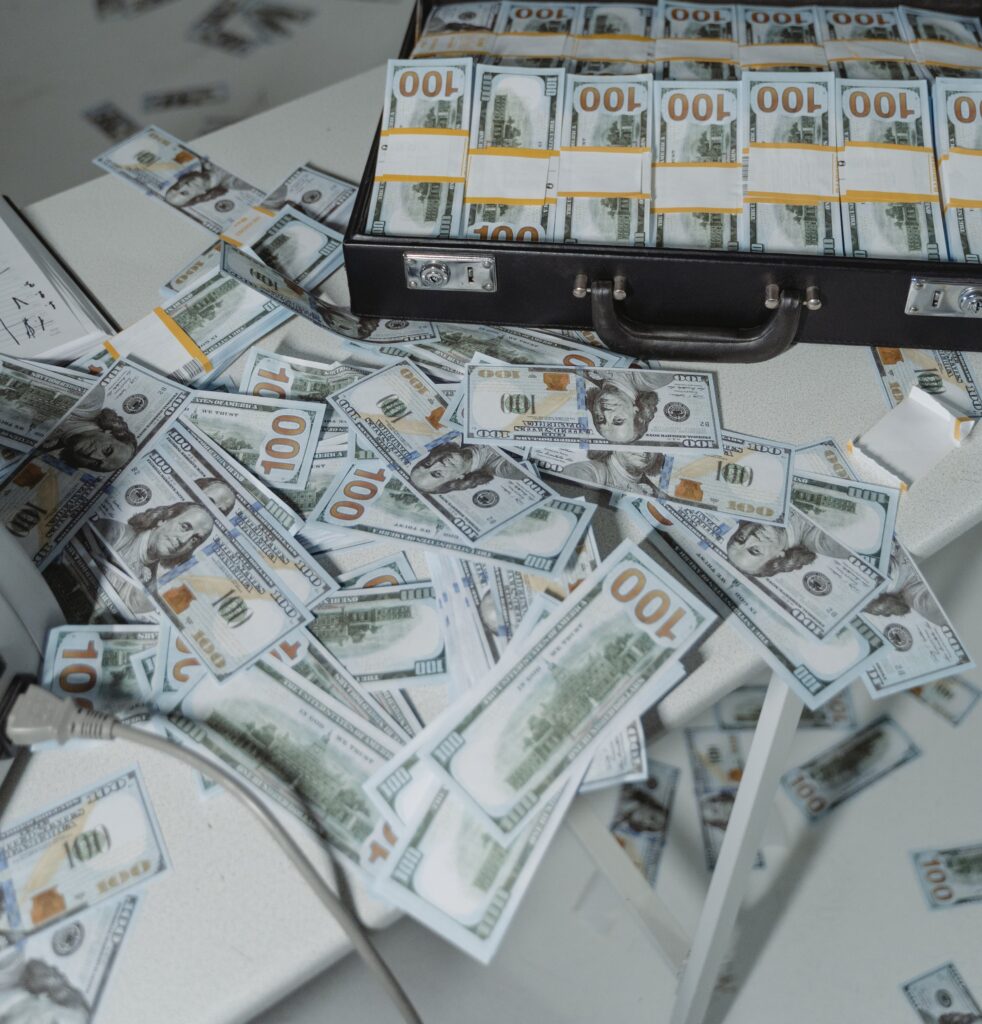
“The first panacea for a mismanaged nation is inflation of the currency; the second is war. Both bring temporary prosperity; both bring a permanent ruin. But both are the refuge of political and economic opportunists.” – Ernest Hemingway
Chances are you are sick of hearing that the Central bank is injecting these millions of dollars or that millions into the market when in a real sense the prices of basic commodities stay unchanged. This is happening when salary remains unchanged, and in most cases, it is not there, especially for the civil service folks.
Here is the genesis, even though, Hemingway’s quote summarizes it well – the first panacea for a mismanaged nation is inflation of the currency; the second is war. Both bring temporary prosperity; both bring a permanent ruin. But both are the refuge of political and economic opportunists – end of quote.
So, how did we get here?
It began on October 8, 2020, with the devaluation of the South Sudanese pound, remember, on July 18, 2011, South Sudan started rolling out its legal tender – The south Sudanese pound – after becoming an independent state on the 9 July 2011, ending 21 years of conflict between Sudan and South Sudan.
In December 2020, South Sudan’s Central bank adopted currency auctions as the policy (i.e., selling the U.S. dollars) to commercial banks and forex bureaus to avert further depreciation of the pound against the United States dollar. The decision was taken to avert currency volatility after the devaluation.
This decision was taken in good faith and with the public interest at heart. Furthermore, it is the central bank’s mandate to use all monetary policy instruments at its disposal, and foreign currency auction is one of them, especially when engaging with IMF. The International Monetary Fund (IMF) prefers foreign currency auctions for developing economies with a thin financial sector.
In adopting the currency auctions, South Sudan’s Central bank had one specific objective to achieve in my opinion – curbing inflation – which was attributable to the exchange rate volatility at the time. Remember, the country was facing two wars, the 2013 and 2016 conflicts.
So, the Central bank had one big goal to reduce the exchange rate volatility. And in most cases, foreign currency auctioning is adopted as a transitory measure to stabilize the exchange rate.
Whether the central bank is achieving its goal remains the subject of discussion and that’s why I am sharing this opinion piece. At the time I was writing this article, a U.S. dollar was selling at SSP 500.
That simply tells you one thing – the South Sudanese pound is losing to the dollar. And that means a rise in the cost of living. A good indicator is a spike in the prices of basic commodities at an unprecedented rate. And that is simply inflation because the market is recording persistent increases in food prices and other commodities. To me, and from layperson language, inflation means a persistent rise in the consumer’s goods due to a currency devaluation. A high cost of living, which is a consequence of inflation makes people buy less because they can’t afford it, for example, what was going for SSP 5 yesterday, may go for SSP 10 or SSP 20 which tells you as a consumer you will buy less of that commodity because you can’t afford it.
So, why is currency auctioning appear to be failing?
I suspect the obvious reasons are cited by scholars who researched and analyzed the pros and cons of currency auctioning policy, and here are some.
First, is the collusion among participants or the purchasers of foreign currency (McCarty, 2002, Stepashin and Gerashchenko, 1999). This is because, currently, the Central bank sells dollars to commercial banks and Forex Bureaus. Secondly, is the domination of a few participants trying to influence the outcome
Finally, the inability of the Central bank to sustain the monthly or quarterly market injection due to lack of liquidity.
Furthermore, the Central bank lacks proper systems to monitor and evaluate the performance of the currency auction in the market and its impact.
This leaves the following questions unanswered. Is dollar auctioning a sustainable policy;is it impactful?
Are citizens benefiting and if not, who are the real beneficiaries of this policy; are beneficiaries the commercial banks and Forex Bureaus?
That’s food for thought…















